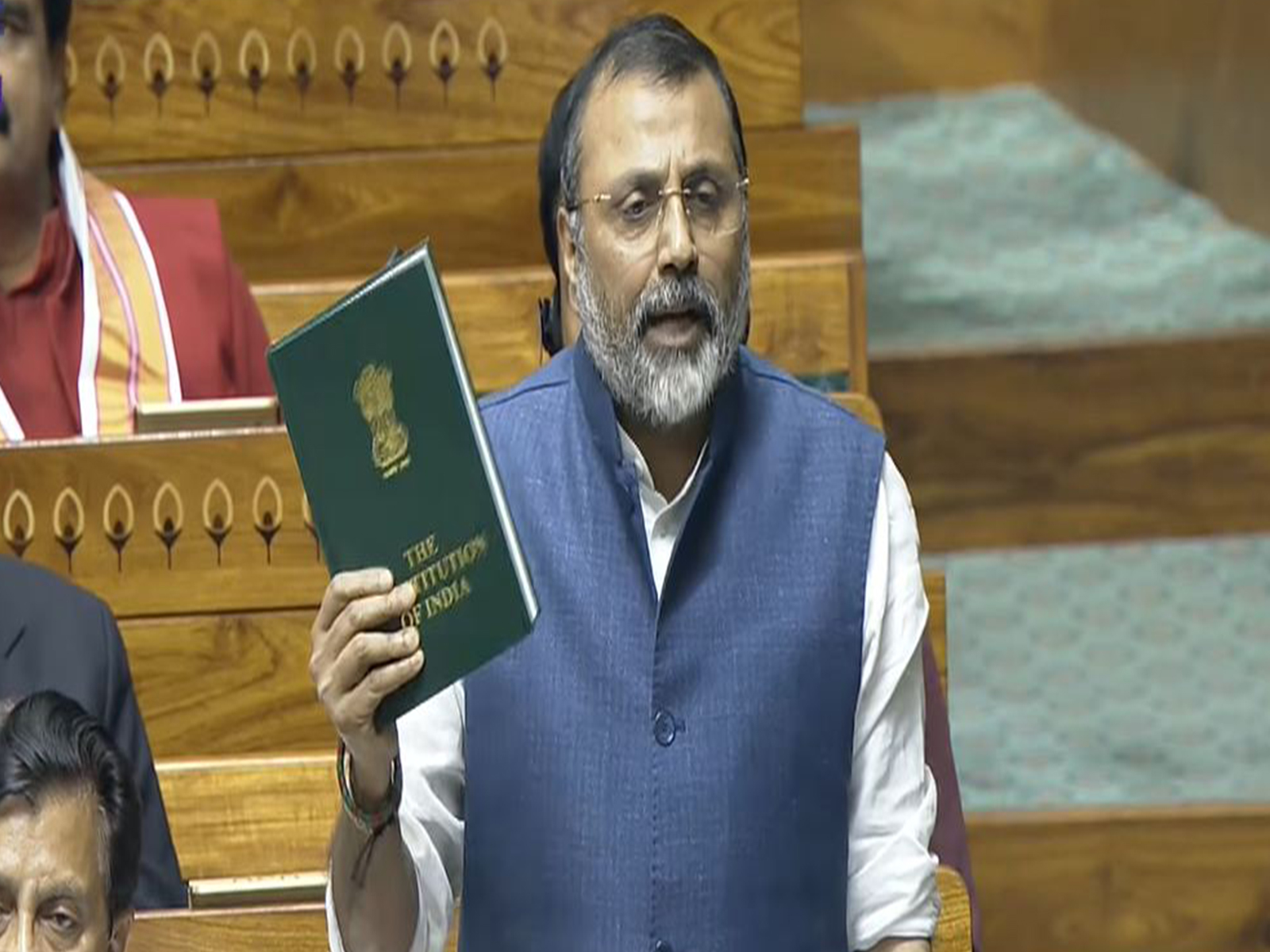Cash-strapped Chinese local governments urged not to 'blindly expand' infrastructure projects
Mar 14, 2021

Beijing [China], March 14 : China's top leadership has issued a warning about the 'heavy debt burden' of some local governments, saying greater monitoring is needed.
China's top legislature has urged the nation's cash-strapped regional governments not to "blindly expand" infrastructure projects due to concern about mounting financial risks stemming from trillions of yuan worth of coronavirus stimulus last year, reported South China Morning Post (SCMP).
"Some regional governments are facing heavy debt burdens, while there were still new increases of implicit liabilities," the financial and economic affairs committee of the National People's Congress (NPC) said during its review of budget implementation and planning.
"[We] must push for the compilation and publishing of local government balance sheets."
Total government debt totalled 46.55 trillion yuan (USD7.1 trillion) at the end of 2020, including 25.66 trillion yuan owed by local authorities, reported SCMP.
The debt load is equivalent to 45.8 per cent of last year's gross domestic product (GDP), but below the 60 per cent warning line widely used by international institutions.
In its work report last week, the government cut the fiscal deficit ratio to 3.2 per cent of GDP this year from 3.6 per cent in 2020.
It also reduced the local government special-purpose bond issuance quota to 3.65 trillion yuan from 3.75 trillion yuan last year and chose not to issue any new "COVID-19" bonds this year after selling 1 trillion yuan of the securities last year.
On Monday, ratings agency Moody's warned the weakening fiscal profiles and rising debt burdens of provincial governments are weighing on the economy and government-supported entities.
It cited the case of Hunan, a province in central China being supported by the World Bank to achieve fiscal sustainability, where much of the debt is a result of its large-scale investment in industry, infrastructure and real estate in past decades.
Frank Tang in an article in SCMP said that earlier former Finance Minister Lou Jiwei criticised the country's financial regulators late last year, saying they had ignored systemic risks.
The province's broad debt, comprising its direct debt owed as well as that owed by financing vehicles that borrow on behalf of local governments in the province, totalled 1.6 trillion yuan at the end of 2019, representing 160 per cent of its fiscal revenue - significantly higher than other provinces, informed Tang.
Zhang Xiaojing, director of the institute of finance at the Chinese Academy of Social Sciences, said Beijing must abandon its debt-fuelled growth model by constraining local governments, state-owned enterprises and financial institutions.
It should also seek new growth momentum from innovation, he added.
China is been on high alert for obvious "grey rhino" risks stemming from rising debt, which has grown after local governments ploughed money into infrastructure projects to jump-start the economy after the initial economic impact of the pandemic, reported SCMP.



















